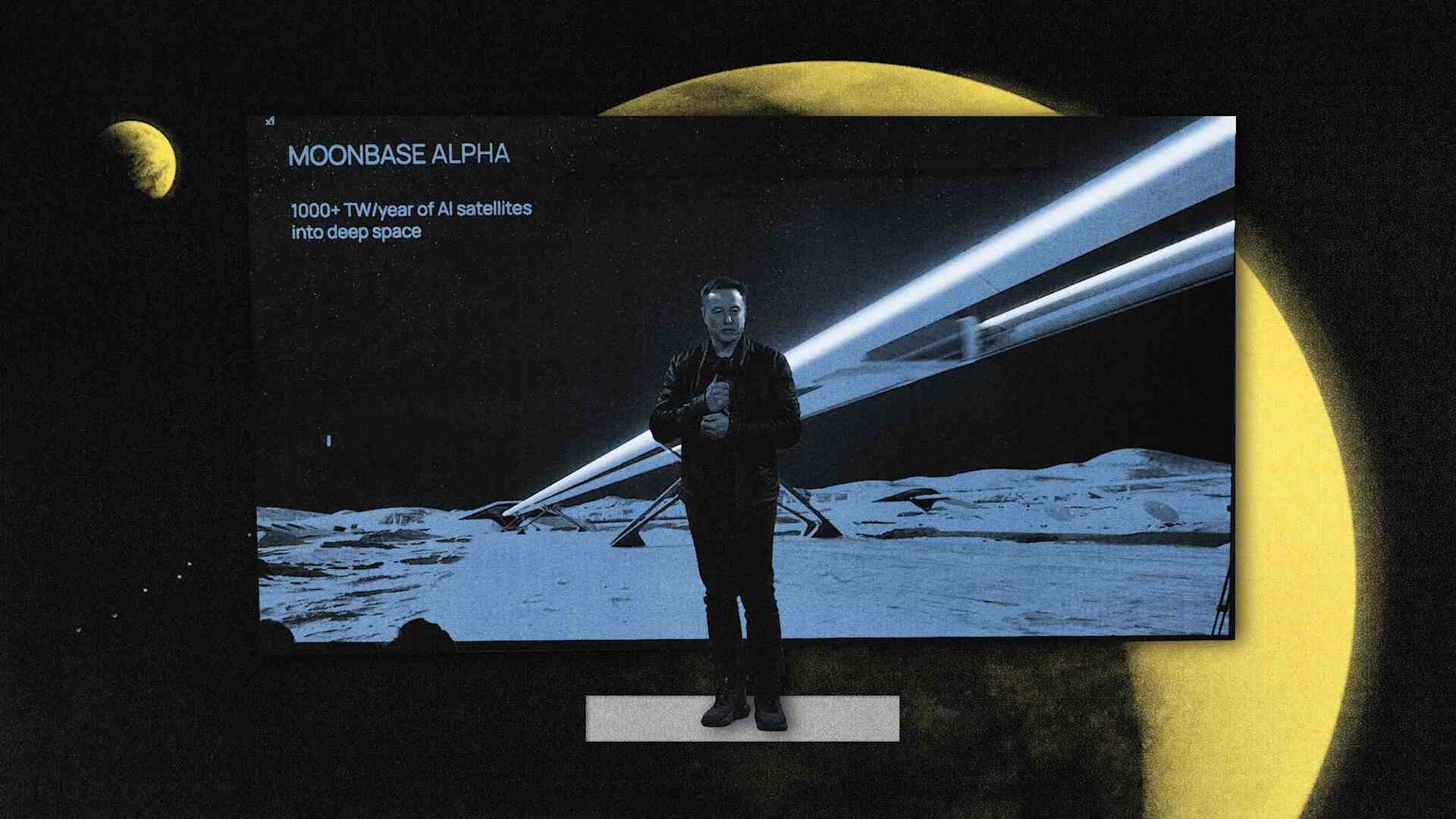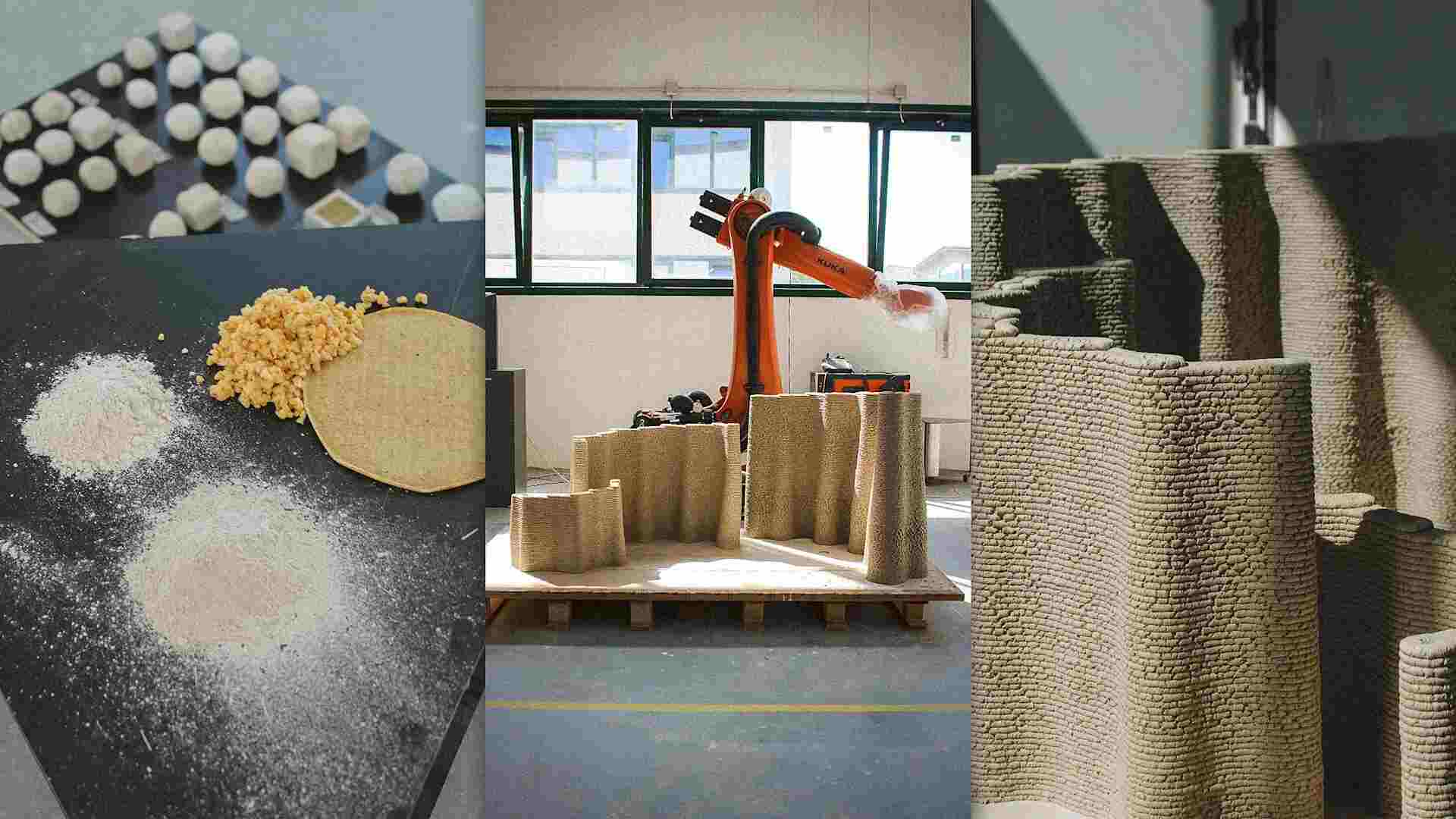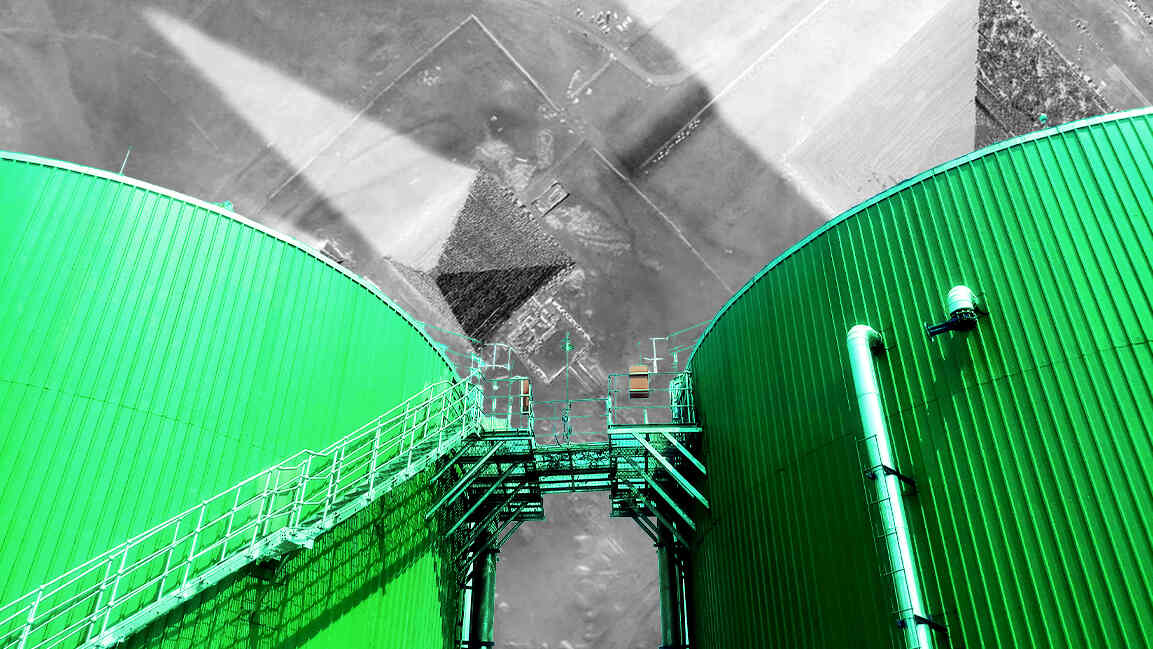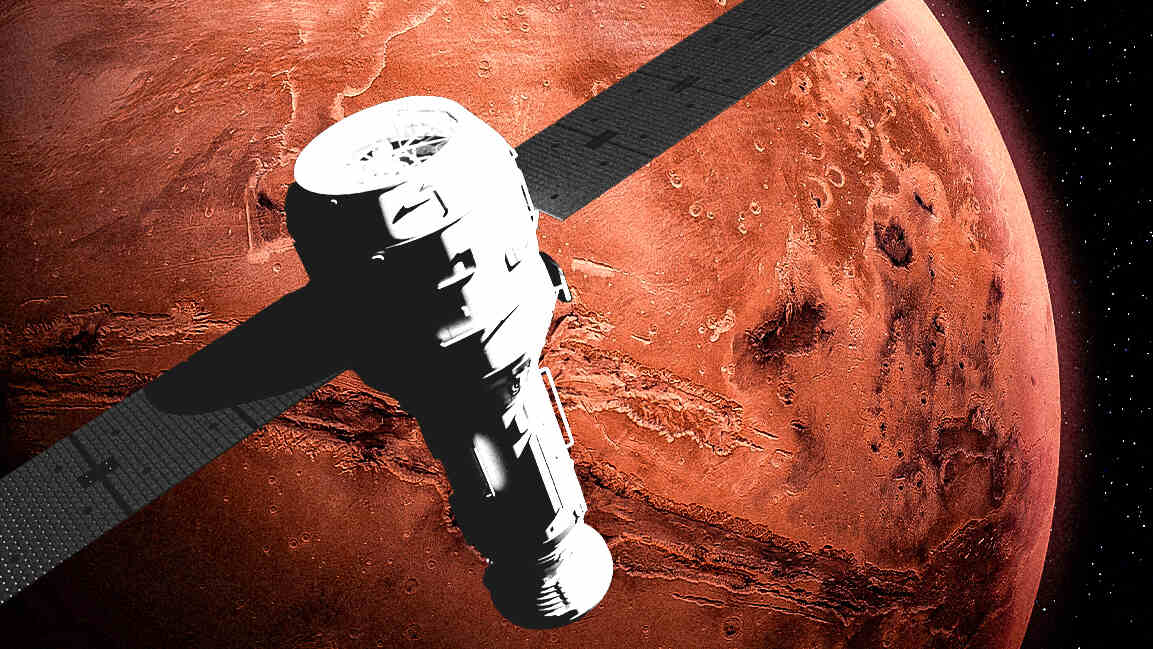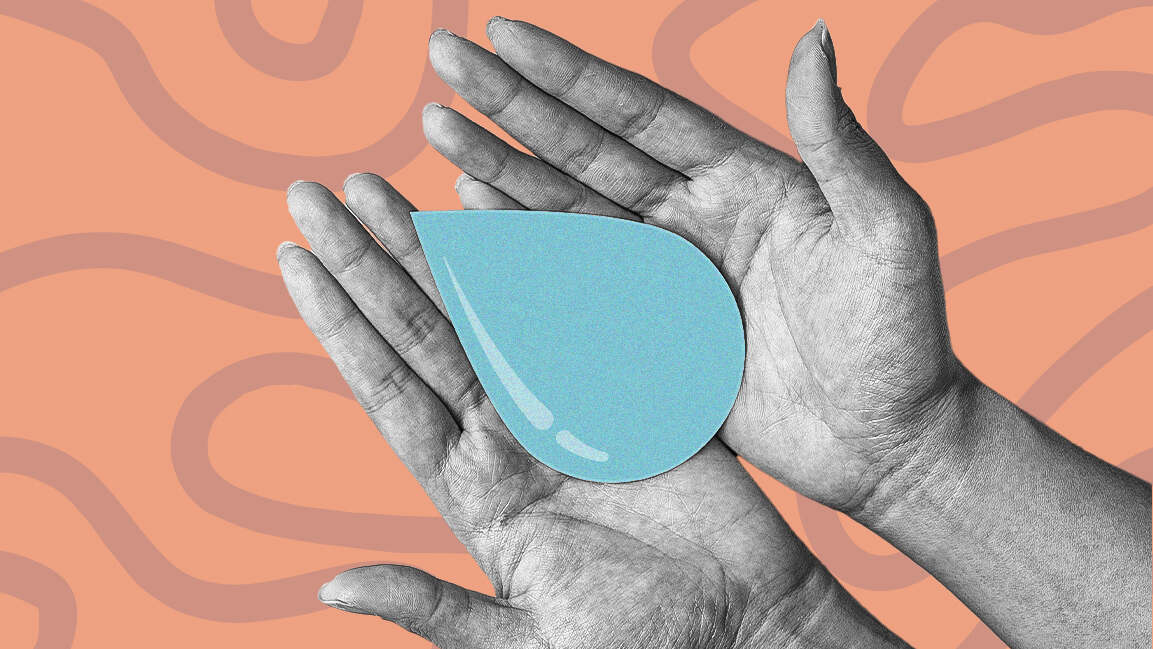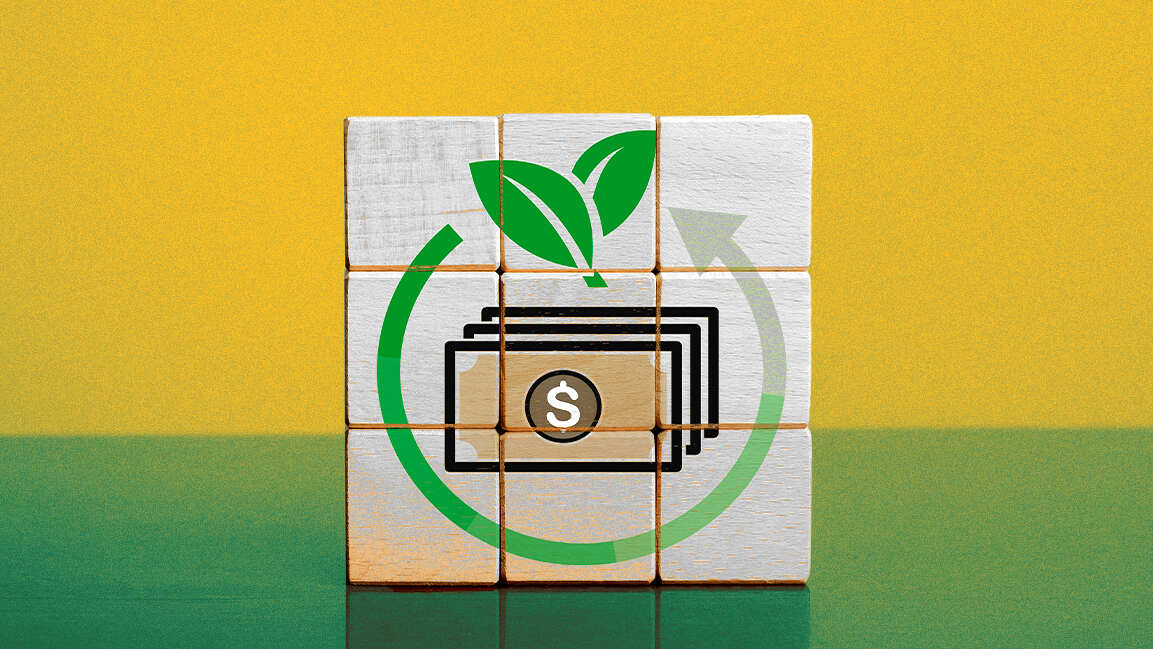- | 1:00 pm
Red Sea Global’s ambitious horticultural venture aims to revolutionize biodiversity
By 2030, the Red Sea Global's fully operational nursery aims to cultivate more than 25 million plants within the Red Sea Project and AMAALA.
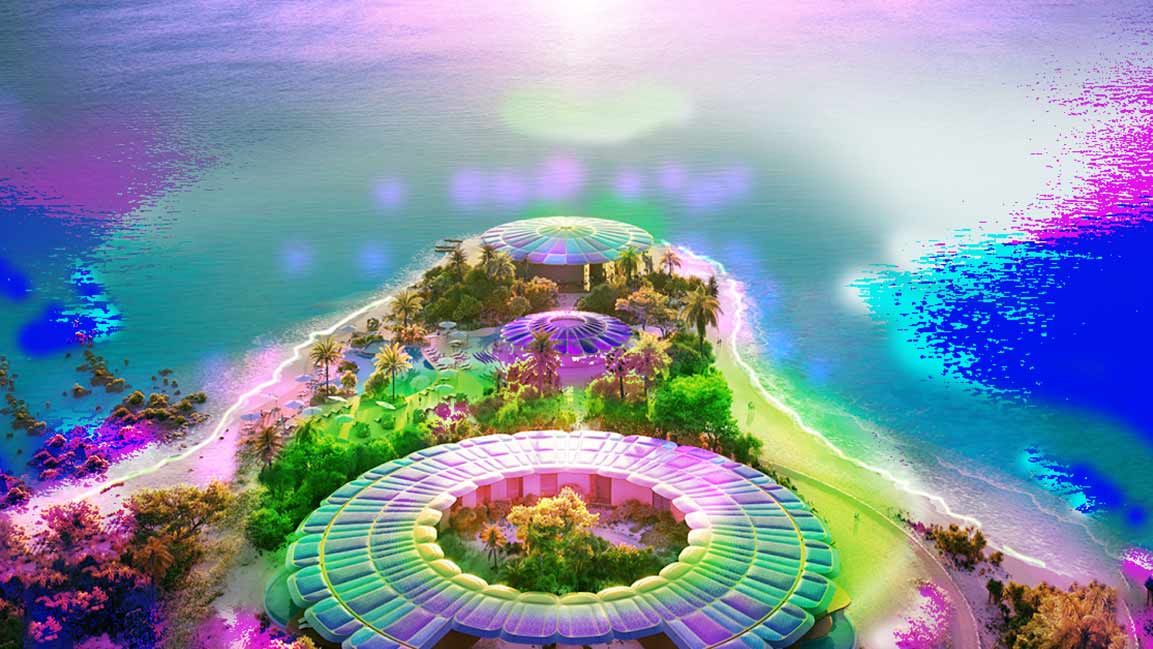
In pursuit of its sustainability objectives as part of the Saudi Green Initiative, Saudi Arabia has planted over 12 million trees within the last five years through the National Center for Vegetation Development, showcasing the kingdom’s rich and diverse biodiversity.
Red Sea Global (RSG) is currently planning what is expected to be the most ambitious horticultural project ever undertaken in human history, with the potential to significantly enhance Saudi Arabia’s biodiversity.
By 2030, RSG’s fully operating nursery hopes to cultivate over 25 million plants in the Red Sea Project and AMAALA, reducing the kingdom’s need to import foreign plant species and encouraging the growth of indigenous flora.
Grant Shaw, RSG’s senior nursery director, finds it thrilling that the venture will yield more than 30 million seedlings and other benefits. “If you think about 25 million plants in the time frame we’re talking about, it’s never been attempted. With our designers, we’ve looked at what can we use natively and then what can we enhance with some adaptive species,” Shaw said.
“Some of the species you see in this region will never be seen anywhere else in the world because they can’t grow elsewhere,” he added.
According to Fahd Al-Habely, the company’s assistant director of the environmental program department, the Red Sea region’s year-round climate makes it possible to add a wide variety of plants, including grown, adapted, and native plants.
The company is pursuing two projects concurrently, namely, the relocation of mature trees and the collection of indigenous seeds from various parts of the kingdom, as part of its unwavering commitment to sustainability. Its ultimate goal is to increase regional biodiversity by 30%, as per Grant Shaw’s statement.
Although the nursery mainly comprises Saudi Arabian native plants, the giga-project has been acquiring desert plant varieties from different parts of the world, such as Australia, due to the country’s comparable climate conditions.

















